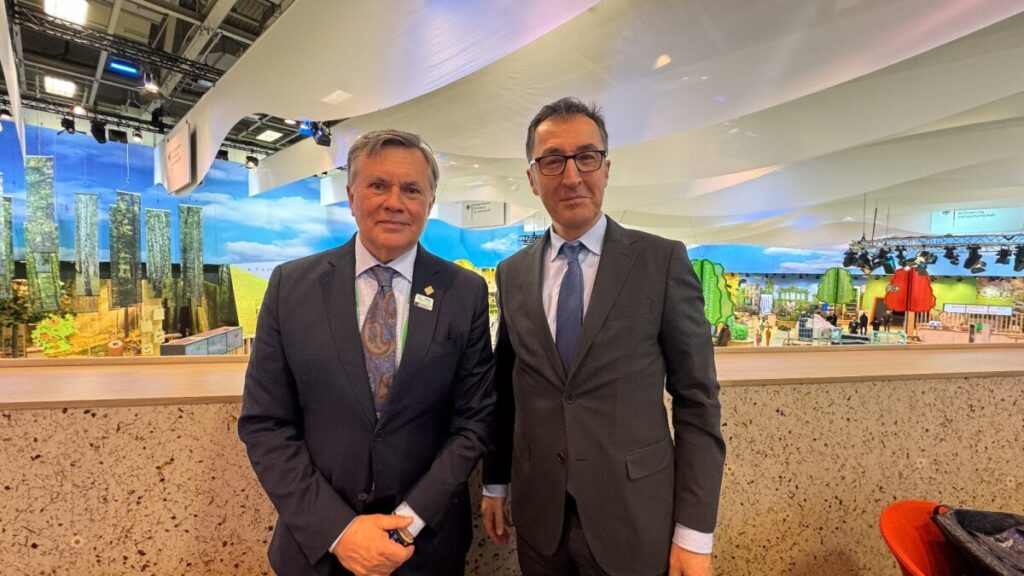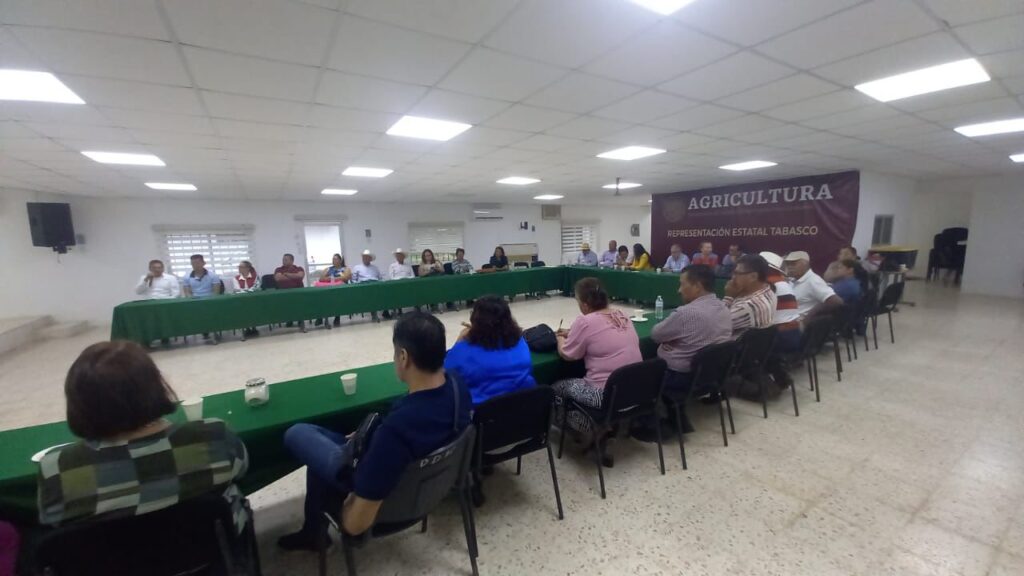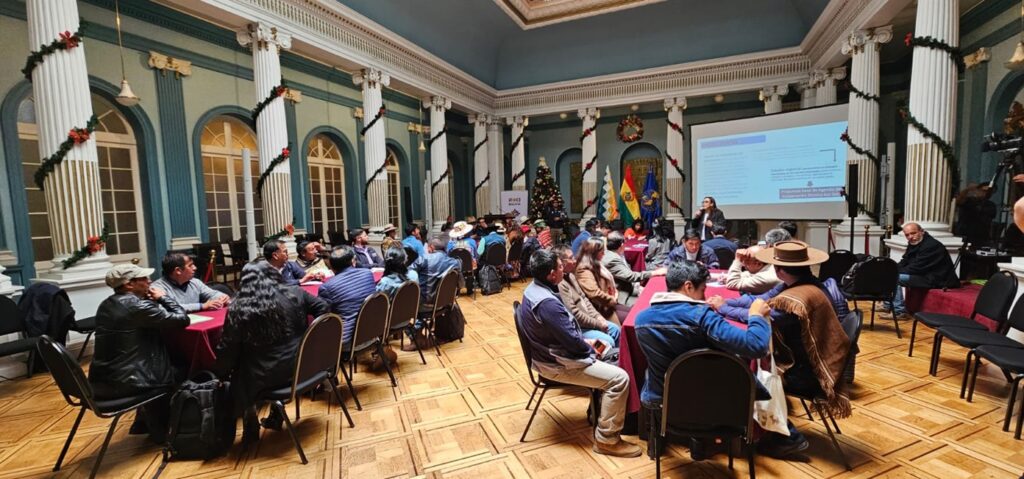

Santo Domingo, Dominican Republic, July 18, 2018 (IICA). With the aim to continuously support the institutions linked to the agricultural sector, the IICA Dominican Republic Delegation participated in various activities during the month of July. One of these activities was the Workshop on the National Plan for Food and Nutrition Sovereignty and Security, organized by the Ministry of the Presidency and the Ministry of Planning, Economy and Development (MEPyD) on July 18, with the objective of developing the planning process of the National Plan under the value chain model.
The workshop involved representatives of various institutions that are linked to food security, which were divided into working tables according to the six dimensions proposed for the plan, namely: governance of the Plan, sustainable food production and rural development, marketing, distribution and food consumption, food and nutrition information and education, environmental and climate sustainability and social participation.
Gina Rosario, Specialist in Natural Resources, Agriculture and Climate Change at IICA-DR Delegation participated in the environmental and climate sustainability working table. The discussions on this table were focused on the formulation of results and indicators of the plan in order to face climate change effects to food security.
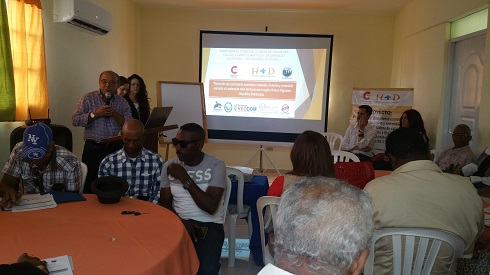
On the same day, Hector Garibaldis Pérez, Specialist in Agribusiness at IICA-DR, participated in the Conference “Cacao Value Chain: Climate Change and Sustainable Development, an integral approach”, which was organized in the framework of the Project “Promotion of sustained, inclusive and sustainable economic growth associated with the cocoa value chain in Yuma and Higüamo, Dominican Republic”; a project that is executed by the Humanism and Democracy Foundation, Foundation of Integral Development of Cacaoteros del Este, Inc. (FUNDICAES) and the National Foundation for the Development of Rural Youth, Inc. (FUNDEJUR); with the financing of the Spanish Agency of International Cooperation for Development (AECID).
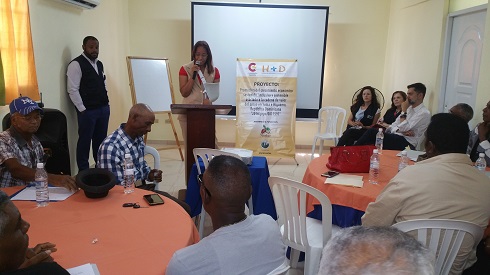
The event included presentations and exhibitions about different topics related to the cultivation of cocoa and climate change, such as: “Cacao Value Chain: Climate Change and Sustainable Development, an integral approach”, “the role of women in cocoa farming and the value chain of cocoa with a gender focus: women producers”, “climate change and its effects on cocoa”, and “competitiveness and the cocoa value chain”.
 The participants included representatives of several public and private institutions, such as: Cocoa Department of the Ministry of Agriculture, National Cocoa Commission, cocoa producers, the National Institute of Technical Professional Training (INFOTEP), REDDOM Foundation, the Export Quality Program, Center for Agricultural and Forestry Development (CEDAF), United States Department of Agriculture (USDA), International Executive Service Corps; among others.
The participants included representatives of several public and private institutions, such as: Cocoa Department of the Ministry of Agriculture, National Cocoa Commission, cocoa producers, the National Institute of Technical Professional Training (INFOTEP), REDDOM Foundation, the Export Quality Program, Center for Agricultural and Forestry Development (CEDAF), United States Department of Agriculture (USDA), International Executive Service Corps; among others.
More information:
Hector Garibaldis Perez, Specialist in Agribusiness, hector.perez@iica.int
Gina Rosario, Specialist in Natural Resources, Agriculture and Climate Change, gina.rosario@iica.int
